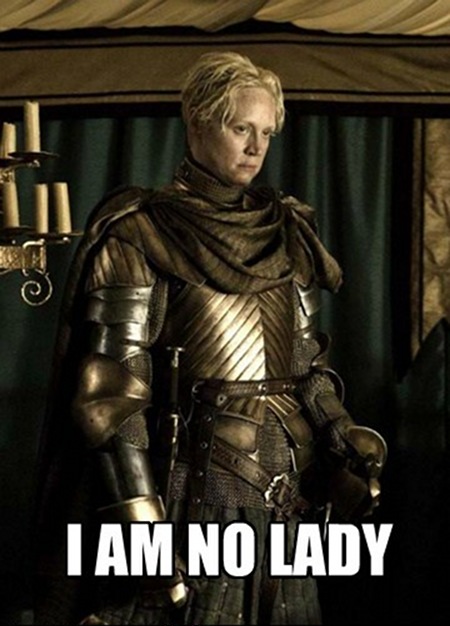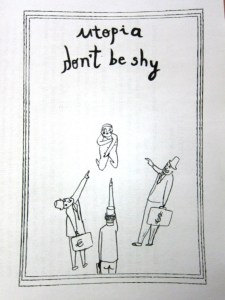This post wraps up our forum on Philip Cunliffe’s Lenin Lives! Reimagining the Russian Revolution, 1917-2007 (Zero Books, 2017). See here for the introduction and responses from Jamie Allinson and Alex Sutton.
I am delighted not only by Jamie Allinson’s and Alex Sutton’s intellectual generosity, but also their careful attention to the detail of the inverted counter-factualism. Both Allinson and Sutton take me to task in seeking to create a Marxist ‘social science fiction’, Allinson for the lack of ‘verisimilitude’. Sutton takes these criticisms further. He enjoins me not only to identify what we might call the Singularity of the Left – that point at which things went decisively wrong – but also criticises me for not agonising in sufficient detail over the political problems of my counter-factual world as well the actually existing world. Sutton asks, for example, which specific institutional body would be responsible for deciding to annihilate a fictional puppet-state of West Germany ensconced in the post-war Rhineland by a counter-revolutionary League of Nations that I portray in the book.
Yet I explicitly set myself against any attempt to construct the ‘verisimilitude’ of a counter-factual history in every precise detail. This was partly a stylistic choice, heeding Ken Macleod’s warning against the tedious introverted detail that preoccupies ‘alt history’ Internet chat forums. More than this, though, it was also an intellectual choice, chosen in opposition to that notorious, barren search for the single moment at which things definitively ‘went wrong’. As Slavoj Žižek has said, this is one of the most insidious traps for the left. Loren Goldner’s summing up of these debates cannot be bested, and is worth quoting at length:
Into the mid-1970’s, the ‘Russian question’ and its implications was the inescapable ‘paradigm’ of political perspective on the left, in Europe and the US, and yet 15 years later seems like such ancient history. This was a political milieu where the minute study of the month-to-month history of the Russian revolution and the Comintern from 1917 to 1928 seemed the key to the universe as a whole. If someone said they believed that the Russian Revolution had been defeated in 1919, 1921, 1923, 1927, or 1936, or 1953, one had a pretty good sense of what they would think on just about every other political question in the world: the nature of the Soviet Union, of China, the nature of the world communist parties, the nature of Social Democracy, the nature of trade unions, the United Front, the Popular Front, national liberation movements, aesthetics and philosophy, the relationship of party and class, the significance of soviets and workers’ councils, and whether Luxemburg or Bukharin was right about imperialism.










